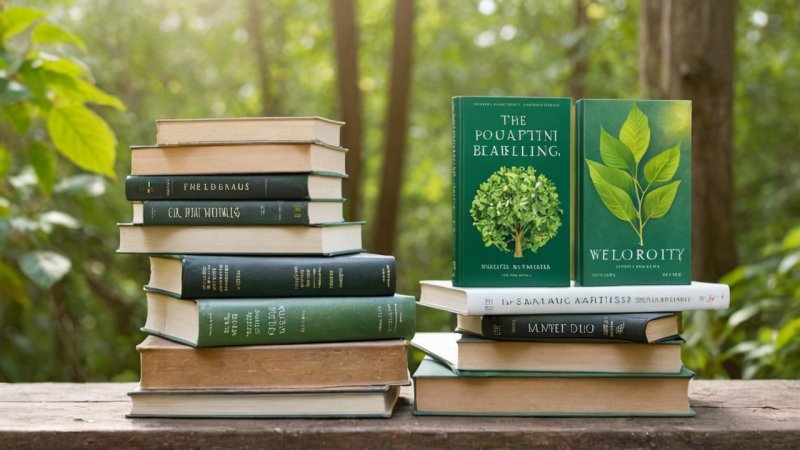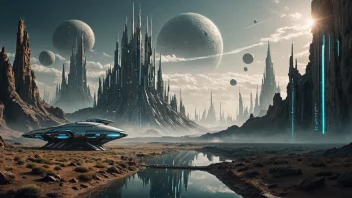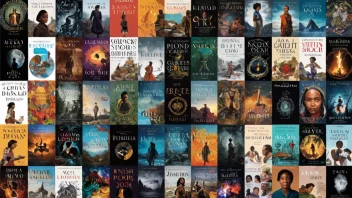In an era where environmental issues are at the forefront of global discourse, literature serves as a potent tool for awareness and change. Non-fiction books focused on environmental concerns not only educate readers but also inspire them to take action. In this article, we delve into some notable non-fiction works that spotlight the urgent issues facing our planet.
One of the most impactful books in this genre is Silent Spring by Rachel Carson. Published in 1962, this groundbreaking work exposed the dangers of pesticides, particularly DDT, on the environment and human health. Carson's meticulous research and compelling narrative sparked a revolution in environmental awareness, leading to the eventual establishment of the U.S. Environmental Protection Agency. Her ability to blend scientific facts with emotional storytelling is a blueprint for effective environmental writing.
Another significant contribution to the environmental literature is The Sixth Extinction: An Unnatural History by Elizabeth Kolbert. This Pulitzer Prize-winning book details the ongoing mass extinction of species caused by human activity. Kolbert combines science, history, and personal narrative, making the complex topic accessible and engaging. Her vivid depictions of the natural world and the threats it faces compel readers to consider their role in its preservation.
In This Changes Everything: Capitalism vs. The Climate, Naomi Klein argues that the climate crisis is not merely an environmental issue but a profound challenge to the current economic and political systems. Klein’s work is a call to action, urging readers to rethink their relationship with capitalism and advocate for systemic changes. Her passionate prose resonates with activists and everyday individuals alike, reminding us that the fight for a sustainable future is interconnected with social justice.
For those interested in a more personal perspective, The Uninhabitable Earth: Life After Warming by David Wallace-Wells offers a stark, yet necessary, look at the potential consequences of climate change. Wallace-Wells uses a narrative style that combines data with emotional appeal, painting a vivid picture of what could happen if we do not change our ways. His work serves as both a warning and a rallying cry for urgent action.
Lastly, Braiding Sweetgrass by Robin Wall Kimmerer beautifully intertwines indigenous wisdom with scientific knowledge. Kimmerer, a botanist and member of the Citizen Potawatomi Nation, explores our relationship with nature and the importance of reciprocity. Her poetic writing style and profound insights encourage readers to view the natural world as a community of which they are a part, fostering a deeper connection to the earth.
These notable non-fiction works not only illuminate pressing environmental issues but also inspire readers to engage with the world around them. Through compelling narratives and insightful analyses, these authors challenge us to reflect on our actions and their consequences. As we navigate the complexities of climate change, literature serves as a powerful ally in our quest for understanding and change.






